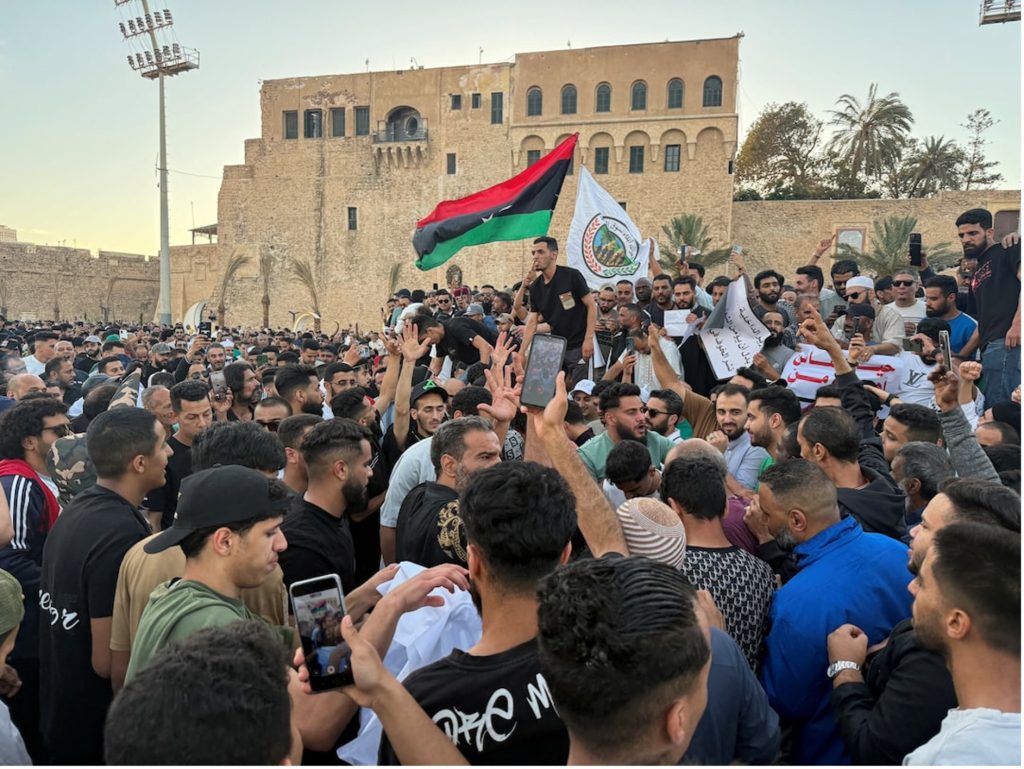Libya PM urges armed groups to align with state amid unrest

In the wake of renewed political unrest in Libya marked by militia clashes and public demonstrations demanding his resignation, PM Abdulhamid Dbeibah has called on armed groups to support national institutions and reject corruption.
As reported by The National on May 18th, Prime Minister Dbeibah issued a firm directive to armed factions across the country, urging them to fall in line with state authority.
“We will welcome all those who choose to stand with the state. We will sideline those who resort to blackmail and corruption,” he said. “Our goal is a Libya free of militias and corruption.”
The recent surge in violence follows the controversial death of Abdelghani Al Kikli, widely known as Ghaniwa, the commander of the Support Force Apparatus (SSA) – a powerful militia aligned with the government and based in Tripoli’s densely populated Abu Salim district.
Reports suggest that Ghaniwa was allegedly killed by the 444 Brigade, another influential militia believed to be allied with Mr Dbeibah. The incident has sparked a chain of violent confrontations, including further clashes between the 444 Brigade and the Radaa Force, which controls key areas in eastern Tripoli.
The United Nations has confirmed that at least eight people have been killed in the recent fighting, although Libyan authorities have yet to release official casualty figures.
In a televised address on Saturday, Prime Minister Dbeibah acknowledged government responsibility in the escalating violence.
“For the first time, I can tell you that you can hope to get rid of the militias,” he said, characterising the recent turmoil as a “shared mistake” and referencing the “clashes in the heart of Tripoli in neighbourhoods full of civilians”.
As Libya grapples with deep-seated divisions and the destabilising influence of rival militias, Dbeibah’s call for unity and reform may signal a pivotal moment in the country’s ongoing struggle for peace and centralised governance.
The National/ Maghrebi
Want to chase the pulse of North Africa?
Subscribe to receive our FREE weekly PDF magazine













